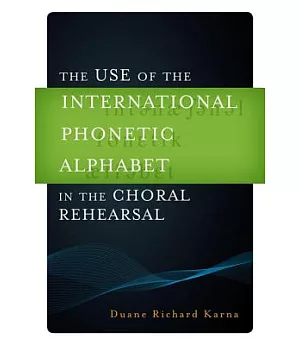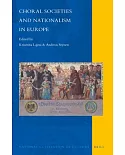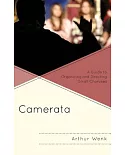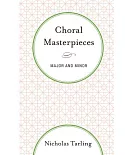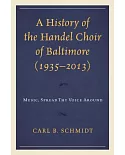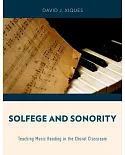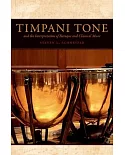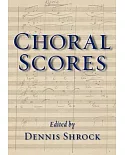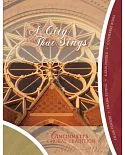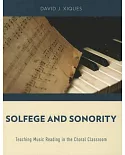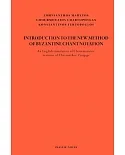“The fusion of text with music is one of the most powerful methods by which a composer can express emotion to an audience, yet, all too often, the diction of choral groups is
lacking to such a degree as to make the text unintelligible.” So argues Duane R. Karna, who in The Use of the International Phonetic Alphabet in the
Choral Rehearsal brings together 30 essays by experts from around the world to describe how the character symbols of the International Phonetic Alphabet (IPA) can be used by
singers in the choral rehearsal.
In an effort to conquer one of the greatest challenges facing choral directors and their choirs, contributors explore the use of the IPA system in a vast range of languages. Readers will find
essays devoted to the use of IPA on matters of lyric diction for the following tongues: Baltic Languages, Basque, Brazilian Portuguese, Chinese, Dutch, Ecclesiastical Latin, English, Finnish,
French, Georgian, German, Germanic Latin, Greek, Hawaiian, Hebrew, Hungarian, Italian, Japanese, Korean, Norwegian, Polish, Romanian, Russian, Spanish, Swahili, and Swedish. Holding firmly to
the belief that basic instruction in IPA character is part of a choir’s training, Karna and his contributors see enormous potential for choirs to expand considerably their foreign-language
repertoire and save considerable rehearsal time.
The Use of the International Phonetic Alphabet in the Choral Rehearsal is the ideal primer for choral directors and choirmasters as
well as choir members.

